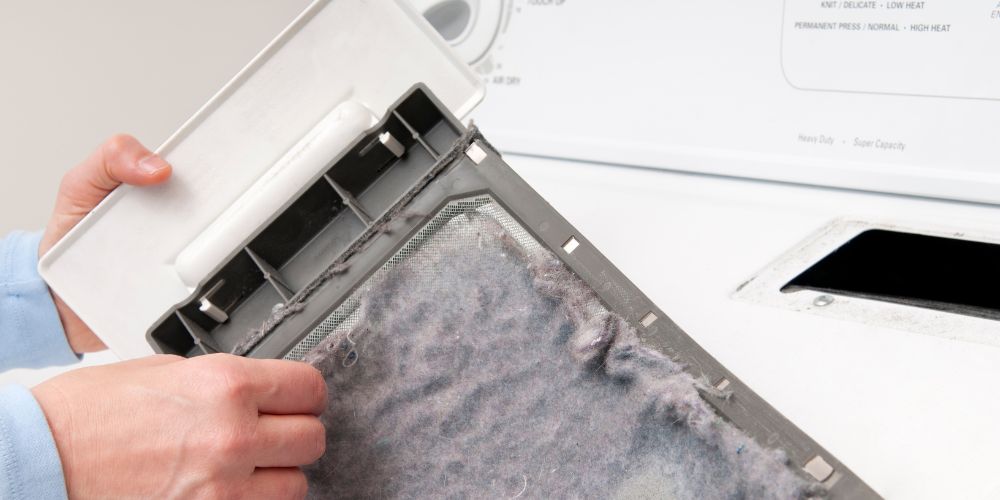When it comes to home repairs and maintenance, hiring a reliable handyman can save you time, money, and stress. Whether it’s fixing a leaky faucet, painting a room, or repairing a fence, the right handyman can handle a wide range of tasks efficiently. However, choosing the right handyman requires careful consideration.
Key factors to keep in mind when selecting a handyman
1. Experience and Expertise
Experience matters. Look for a handyman with a proven track record of handling the types of repairs or projects you need. Ask about their previous work and if they have specific expertise in certain areas, such as plumbing, electrical work, carpentry, or painting. An experienced handyman will have the skills to tackle a variety of tasks and can provide solutions to unexpected issues that may arise during the job.
2. Reputation and References
A good reputation is a strong indicator of reliability and quality work. Check online reviews and ratings on platforms like Google, Yelp, or Angie’s List. Additionally, ask the handyman for references from previous clients. Speaking directly with past customers can give you insights into their experience, punctuality, professionalism, and the quality of their work.
3. Pricing and Estimates
Obtain detailed estimates from multiple handymen before making a decision. The estimates should include the cost of materials, labor, and any other potential expenses. Be wary of significantly low or high estimates compared to others, as this could indicate subpar work or hidden costs. Transparent pricing and clear communication about potential additional charges are essential for avoiding surprises.
4. Communication Skills
Effective communication is key to a successful working relationship. A good handyman should listen to your needs, ask pertinent questions, and provide clear explanations about the work to be done. They should also keep you informed about the progress and any unexpected issues that may arise. Good communication ensures that your expectations are met and reduces the likelihood of misunderstandings.
5. Availability and Reliability
Consider the handyman’s availability and reliability. Are they able to accommodate your schedule? Do they show up on time for appointments and respond promptly to inquiries? A dependable handyman respects your time and commitments, ensuring that the job is completed efficiently and without unnecessary delays.
6. Scope of Services
Determine whether the handyman can handle all the tasks you need to be done. Some handymen specialize in specific areas, while others offer a broader range of services. If you have multiple projects, it may be more convenient to hire a handyman who can address all your needs, rather than coordinating with multiple specialists.
7. Quality of Workmanship
Inspect the quality of the handyman’s workmanship. Ask for examples of their previous work or, if possible, visit completed projects. High-quality workmanship not only ensures that the repairs or improvements will last but also adds value to your home. Pay attention to details such as neatness, precision, and the use of quality materials.
8. Personal Comfort
Lastly, consider your personal comfort level with the handyman. Trust your instincts and choose someone who makes you feel comfortable and confident in their abilities. A good working relationship is built on trust and mutual respect, making the entire process smoother and more enjoyable.
Conclusion
Choosing the right handyman requires careful evaluation of their experience, reputation, licensing, pricing, communication skills, availability, and quality of workmanship. By taking the time to research and consider these factors, you can find a reliable handyman who will provide high-quality work and ensure your home repairs and maintenance are handled with care. A trustworthy handyman is an invaluable asset for any homeowner, helping to keep your home in excellent condition and providing peace of mind.



